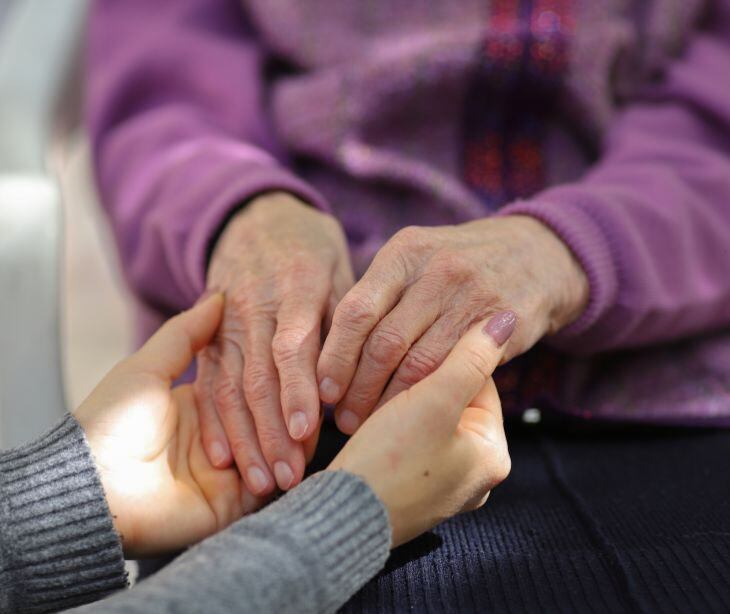2 min read
Home-based care providers vulnerable to HIPAA compliance issues
Gugu Ntsele Feb 24, 2025 12:27:18 PM

Many home-based care providers assume they are not subject to HIPAA regulations, but experts warn that this misconception could expose them to compliance failures, legal penalties, and security risks. A recent webinar co-hosted by Polsinelli discussed the most common pitfalls and enforcement trends affecting the industry.
What happened
Legal experts from Polsinelli highlighted key HIPAA compliance risks for home-based care providers. During the webinar, attorneys emphasized that both civil and criminal penalties can result from enforcement actions and that home-based providers must ensure compliance with HIPAA’s security, privacy, and breach notification rules. Issues such as failing to provide timely access to protected health information (PHI), weak business associate agreements (BAAs), and inadequate security risk assessments were cited as common violations leading to enforcement actions.
The backstory
Many home-based care providers operate under the false assumption that because they primarily offer personal care services rather than medical treatment, HIPAA does not apply to them. However, HIPAA’s definition of healthcare services is broad and includes rehabilitative, maintenance, and therapeutic care—categories that often apply to home-based providers. This misunderstanding has led to increased scrutiny from the Department of Health and Human Services (HHS) and the Office for Civil Rights (OCR), which have intensified enforcement efforts in recent years.
What was said
During the webinar, Allison Dressel emphasized that "both civil and criminal penalties could arise from HIPAA enforcement actions." She highlighted the critical issue of patient access to PHI, which has been a leading cause of enforcement actions across healthcare providers.
Regarding third-party vendors, Dressel warned that BAAs remain a "major area of confusion" and that providers must ensure "third-party vendors handling PHI comply with HIPAA regulations."
Angelo Spinola, co-chair of the home health, home care, and hospice practice at Polsinelli, spoke about risk assessments, stating that "failures in security risk assessments, transmission security, and proper data disposal are recurring compliance challenges." He pointed to the Change Healthcare cyberattack as a real-world example of the risks providers face when failing to secure patient data properly.
To mitigate these risks, Dressel recommended "data mapping to understand the flow of PHI and implementing strong security safeguards." She also stressed the importance of "ensuring proper vendor contracts and security protocols to maintain HIPAA compliance and avoid legal repercussions."
In the know
HIPAA applies to a broad range of healthcare services, including home-based care. Even providers who focus on personal care assistance—such as helping with bathing, dressing, and mobility—may be handling PHI and must comply with HIPAA regulations. Experts recommend conducting regular risk assessments, securing data transmissions, and ensuring vendors comply with security requirements.
Why it matters
As home-based care services expand, understanding and complying with HIPAA is important for protecting patient data, avoiding legal consequences, and preventing cybersecurity breaches. Misinterpreting HIPAA’s scope does not exempt providers from enforcement actions, and violations can lead to penalties.
The bottom line
Home-based care providers must recognize their HIPAA obligations and take steps to remain compliant. As Dressel stated, "Ensuring proper vendor contracts and security protocols" is key to mitigating risks and "avoiding legal repercussions." With enforcement actions increasing, providers that fail to implement strong security and compliance measures may face financial penalties and reputational damage.
FAQs
How can a home-based care provider determine if they are subject to HIPAA regulations?
If a provider handles Protected Health Information (PHI)—such as medical records, patient identifiers, or billing details—HIPAA likely applies. This includes providers offering non-medical personal care services that involve PHI.
What are the consequences of noncompliance with HIPAA for home-based care providers?
Noncompliance can result in both civil and criminal penalties, including fines, corrective action plans, and, in severe cases, legal action.
How can a home-based care provider ensure that third-party vendors comply with HIPAA?
A Business Associate Agreement (BAA) must be in place with any vendor handling PHI.



.jpg)
%20-%202024-11-05T161714.738-1.jpg)